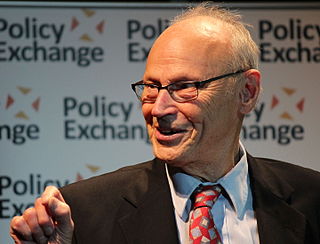A Quote by Kofi Annan
On this International Literacy Day, let us recall that literacy for all is an integral part of education for all, and that both are critical for achieving truly sustainable development for all.
Related Quotes
Literacy is a bridge from misery to hope. It is a tool for daily life in modern society. It is a bulwark against poverty, and a building block of development... For everyone, everywhere, literacy is, along with education in general, a basic human right.... Literacy is, finally, the road to human progress and the means through which every man, woman and child can realize his or her full potential.
Literacy is part of everyday social practice - it mediates all aspects of everyday life. Literacy is always part of something else - we are always doing something with it. Its what we choose to do with it that is important. There are a range of contemporary literacies available to us - while print literacy was the first mass media, it is now one of the mass media.
Financial literacy is not an end in itself, but a step-by-step process. It begins in childhood and continues throughout a person's life all the way to retirement. Instilling the financial-literacy message in children is especially important, because they will carry it for the rest of their lives. The results of the survey are very encouraging, and we want to do our part to make sure all children develop and strengthen their financial-literacy skills.
It is my vision that we all will dedicate the next decade to achieve universal literacy and education for all children, especially for girls. More than 145 million of the world's children are deprived of education due to poverty, exploitation, slavery, gender discrimination, religious extremism, and corrupt governments. May Three Cups of Tea be a catalyst to bring the gift of literacy to each of those children who deserves a chance to go to school.
Education as a democratic project always presupposes a vision of the future in its introduction to, preparation for, and legitimation of particular forms of social life. It is utopian in its goal of expanding and deepening the ideological and material conditions that make a democracy possible. As a moral and political practice, education produces the modes of literacy, critique, sense of social responsibility, and civic courage necessary to imbue young people with the knowledge and skills needed to enable them to be engaged critical citizens willing to fight for a sustainable and just society.









































